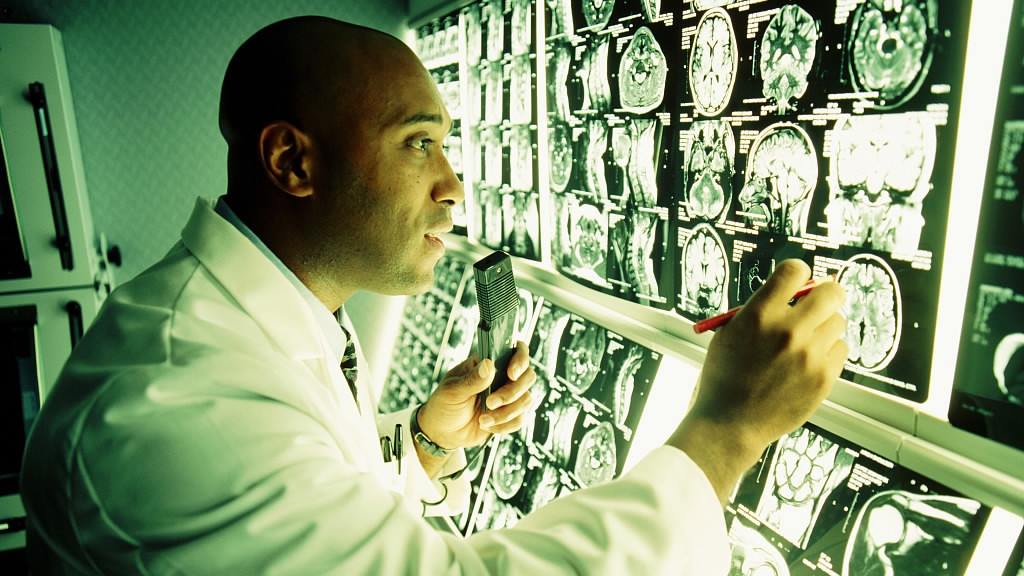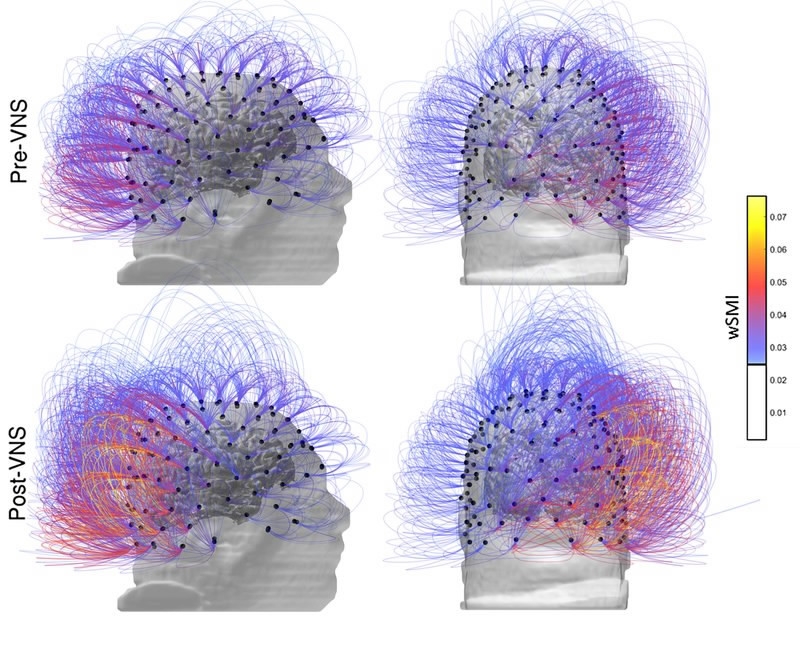
Tech & Sci
11:57, 26-Sep-2017
Treatment restores signs of awareness in brain-injured man

French researchers say they restored some signs of consciousness in a brain-injured man who hadn’t shown any awareness in 15 years.
During months of experimental treatment, his gaze could follow a moving object and he turned his head toward people speaking to him. He could also turn his head when asked to do so, and his eyes widened when a researcher suddenly came very close to his face, the researchers reported.
The treatment involves implanting a device in the man’s chest to electrically stimulate the vagus nerve, which extends into the brain. The technique is sometimes used for depression or to reduce the number of seizures in epilepsy. The vagus nerve, which also reaches down into the abdomen, plays many roles including slowing the heartbeat and controlling muscles of the small intestine.
During the treatment, the man also shed tears and smiled while listening to a favorite song by French singer Jean-Jacques Goldman. The tears might have been the result of the nerve stimulation, said Angela Sirigu of the Marc Jeannerod Institute of Cognitive Science in Lyon, France, which is affiliated with the National Center for Scientific Research. Because of brain damage, the man could not speak, she said.

Brain activity in a patient before, top row, and after vagus nerve stimulation. Warmer colors indicate an increase of connectivity. /AP Photo
Brain activity in a patient before, top row, and after vagus nerve stimulation. Warmer colors indicate an increase of connectivity. /AP Photo
Sirigu is an author of a study released Monday by the journal Current Biology.
The 35-year-old man, who was injured in a traffic accident, had spent 15 years in a so-called vegetative state, which the eyes are sometimes open but the patient shows no signs of awareness.
His behavioral improvements appeared about a month after the device was switched on and persisted for the remaining five months of stimulation, Sirigu said. Brain scans also showed better functioning.
The result “totally makes sense to me,” said Dr. Nicholas Schiff, a neuroscientist at Weill Cornell Medicine in New York City who did not participate in the research. While it’s the first success in a patient who’d spent 15 years in a vegetative state, it fits with other results that show even patients with long-standing, severe brain injury can be helped by treatment, he said. The challenge now is translating that science into better medical care, he said.
Most experimental treatments for the vegetative state have failed to show improvement, said Dr. James Bernat, emeritus professor of neurology and medicine at Dartmouth College in Hanover, New Hampshire. Like any report about a single patient, he said, the new one is “provocative but not definitive,” and further study is needed to see what kinds of patients it can help.
Sirigu said she’s planning a large study involving several medical centers.
8322km
Source(s): AP

SITEMAP
Copyright © 2018 CGTN. Beijing ICP prepared NO.16065310-3
Copyright © 2018 CGTN. Beijing ICP prepared NO.16065310-3